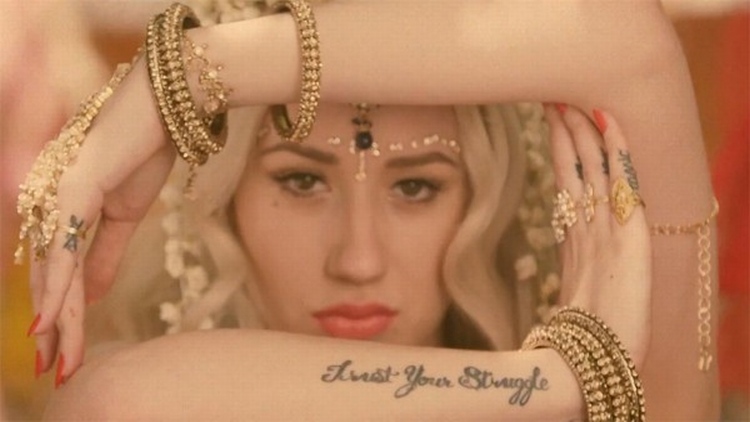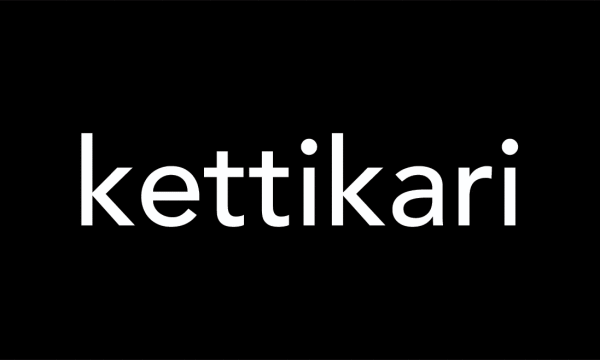
So, you just walked into a Halloween party. You think you’re wearing a kick-ass costume, but instead of giving you a compliment, someone tells you that your costume counts as cultural appropriation.
And you think that’s a ridiculous accusation. You? Doing something racist?
You didn’t have hateful intentions, so you don’t know how you could have a negative impact. Plus, nobody likes being told that they “can’t” do something, and you feel like this person’s saying you can’t wear your costume – even if you don’t mean to hurt anyone.
So if you’re wondering what the big deal is about cultural appropriation, I’ve got you covered.
Read on for some perspective on why people might get upset if you borrow from another culture.
What Cultural Appropriation Is (And Isn’t)
In short: Cultural appropriation is when somebody adopts aspects of a culture that’s not their own.
But that’s only the most basic definition.
A deeper understanding of cultural appropriation also refers to a particular power dynamic in which members of a dominant culture take elements from a culture of people who have been systematically oppressed by that dominant group.
That’s why cultural appropriation is not the same as cultural exchange, when people share mutually with each other – because cultural exchange lacks that systemic power dynamic.
It’s also not the same as assimilation, when marginalized people adopt elements of the dominant culture in order to survive conditions that make life more of a struggle if they don’t.
Some say, for instance, that non-Western people who wear jeans and Indigenous people who speak English are taking from dominant cultures, too.
But marginalized groups don’t have the power to decide if they’d prefer to stick with their customs or try on the dominant culture’s traditions just for fun.
When the last living survivors of massacred Indigenous tribes are fighting to save their language before it dies when they do, and Native students are suspended for speaking in their own Indigenous languages, mirroring the abusive US boarding schools that tried to wipe out Native American cultures up until the 1980s, it’s clear that not every person who speaks English does so by choice.
In other words, context matters.
Which means it’s not about saying that you, as an individual, are a bad person if you appropriate someone else’s culture.
It’s a complicated issue that includes our histories, our current state of affairs, and our future, as we act to eliminate oppression, instead of perpetuating it.
So if you’re still baffled about why people would get upset about this issue, consider the following contexts.
1. It Trivializes Violent Historical Oppression
To you, it can feel like a big deal to have to give up something you’ve borrowed from another culture and incorporated into your life, especially if it’s meaningful to you in some way.
For example, owners and fans of the NFL team the Washington Redsk*ns have largely come to the defense of the name, pulling out every reason including “honoring Indians,” “keeping to tradition,” and “you’re being too sensitive,” in reaction to Indigenous activists calling for the end of Indian mascots.
The fans and the NFL are emotionally and financially invested in the name and don’t want to take extra time and money to change it. And that makes sense.
But consider this: When violence systematically targets a group of people through genocide, slavery, or colonization, the resulting trauma lasts through generations.
So here’s what’s at stake for the Native people: The term “redsk*n” comes from the time when the colonial and state governments and companies paid white people to kill Native Americans and used their scalps or even genitalia (to prove their sex), aka “red skins,” as proof of their “Indian kill.”
Given that history, is it a surprise that so many Native people are angry about football fans who think they’re “honoring” Native people with this mascot and their excuses?
We should be ashamed of this time in our history – and we should be working to heal the damage from it.
But instead, the NFL (and other sports teams) insist on celebrating the attempted genocide of a people for fun and profit.
2. It Lets People Show Love for the Culture, But Remain Prejudiced Against Its People
White people don’t ask to be born with privilege, but what they choose to do with it is another story.
In the San Francisco Bay Area, I witness people taking what they like without wanting to associate with where it came from all the time.
Here, recent transplants to the area write Yelp reviews in search of “authentic Mexican food” without the “sketchy neighborhoods” – which usually happen to be what they call neighborhoods with higher numbers of people of color.
The Yelpers are getting what they want, at least in terms of the neighborhood, as gentrification rapidly pushes people of color out of their homes, and white-owned, foodie-friendly versions of their favorite “ethnic” restaurants open up.
That’s how it goes with cultural appropriation: not sharing so there’s more for everyone, but taking advantage of the power imbalance between groups to have more for well-off white people, and less and less for poor people of color.
And this can happen because we live in a world in which racist white people can essentially say “We want your stuff, but we don’t like you” by taking people’s traditions while being biased against who they are as a person.
Cultural appropriation shows that you don’t have to like a person or respect their identity to feel entitled to take from them.
So is every non-Mexican who enjoys a good burrito guilty of cultural appropriation? Say it ain’t so! That would include me and nearly everyone I know.
But now that you know that popularizing “ethnic” food can be one way to harm a group of people while taking from their traditions, you can think about ways to satisfy your international food cravings without participating in that harm.
























